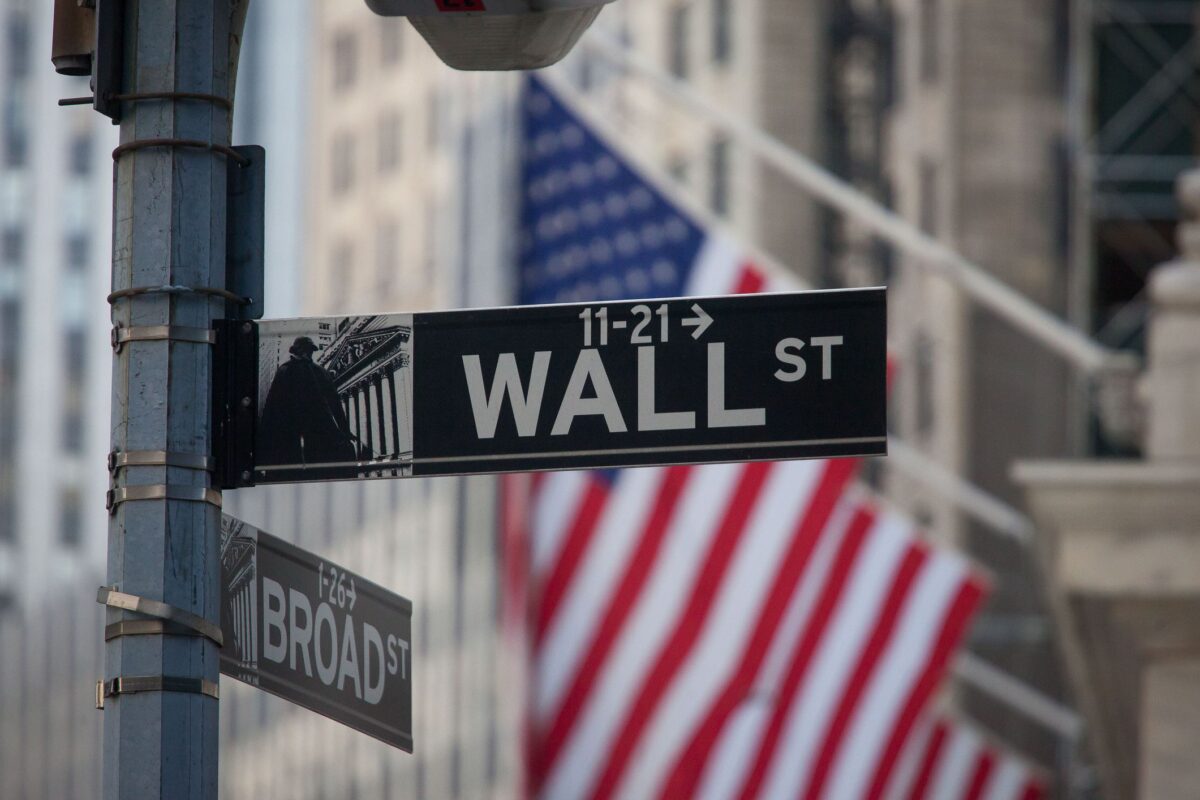U.S. Financial Giants Eye Crypto Custody in Expanding Digital Asset Services
15.02.2025 20:00 1 min. read Alexander Zdravkov
Several major U.S. banks are making significant strides into the cryptocurrency sector, taking advantage of more relaxed regulatory conditions under President Donald Trump.
While they still face substantial regulatory obstacles in offering full-scale crypto trading, many institutions are focusing on the growing demand for digital asset custody services.
Leading financial players such as State Street, BNY Mellon, and Citigroup are expanding their services to cater to institutional investors seeking secure digital asset storage solutions. State Street, known for its expertise in traditional asset custody, plans to launch its own digital asset custody services in the coming year.
BNY Mellon, already providing limited custody for Bitcoin and Ethereum, aims to broaden its offerings by incorporating additional tokens. Meanwhile, Citigroup is considering options to enter the space, either by creating its own custody services or partnering with established crypto firms.
However, banks still face regulatory hurdles that complicate their entry into the crypto space. To offer such services, institutions must obtain approvals from key regulatory bodies, including the Federal Reserve and the New York Department of Financial Services. Additionally, stringent capital requirements add another layer of complexity, slowing down the process of entering the crypto trading market.
As this sector develops, discussions between major crypto platforms like Coinbase and traditional banks indicate a growing synergy between established financial institutions and the crypto world.
-
1
Whales Buy the Dip as Retail Panics: This Week in Crypto
29.06.2025 14:00 3 min. read -
2
History Shows War Panic Selling Hurts Crypto Traders
28.06.2025 18:30 3 min. read -
3
Ripple Faces Legal Setback as Court Rejects Bid to Ease Penalties
26.06.2025 16:54 1 min. read -
4
Coinbase Surges 43% in June, Tops S&P 500 After Regulatory Wins and Partnerships
29.06.2025 21:00 2 min. read -
5
Ripple Has Applied for a National Banking License
03.07.2025 7:00 2 min. read
Bank of America CEO Confirms Stablecoin Plans Are in Motion
Bank of America is actively developing a stablecoin offering, CEO Brian Moynihan revealed during a post-earnings conference call on Wednesday.
PayPal Expands PYUSD to Arbitrum in Latest Blockchain Push
PayPal has expanded its stablecoin, PayPal USD (PYUSD), to the Arbitrum network, marking a key step in its strategy to integrate with faster, more cost-efficient blockchain infrastructure.
Citigroup Explores Launching Stablecoin as Banks Embrace Crypto Shift
Citigroup is evaluating the potential launch of its own U.S. dollar-backed stablecoin, signaling a growing shift in sentiment among traditional financial institutions toward digital assets.
JPMorgan CEO Jamie Dimon Comments Stablecoins
JPMorgan Chase CEO Jamie Dimon remains skeptical of stablecoins—but says ignoring them isn’t an option for the world’s most powerful bank.
-
1
Whales Buy the Dip as Retail Panics: This Week in Crypto
29.06.2025 14:00 3 min. read -
2
History Shows War Panic Selling Hurts Crypto Traders
28.06.2025 18:30 3 min. read -
3
Ripple Faces Legal Setback as Court Rejects Bid to Ease Penalties
26.06.2025 16:54 1 min. read -
4
Coinbase Surges 43% in June, Tops S&P 500 After Regulatory Wins and Partnerships
29.06.2025 21:00 2 min. read -
5
Ripple Has Applied for a National Banking License
03.07.2025 7:00 2 min. read


